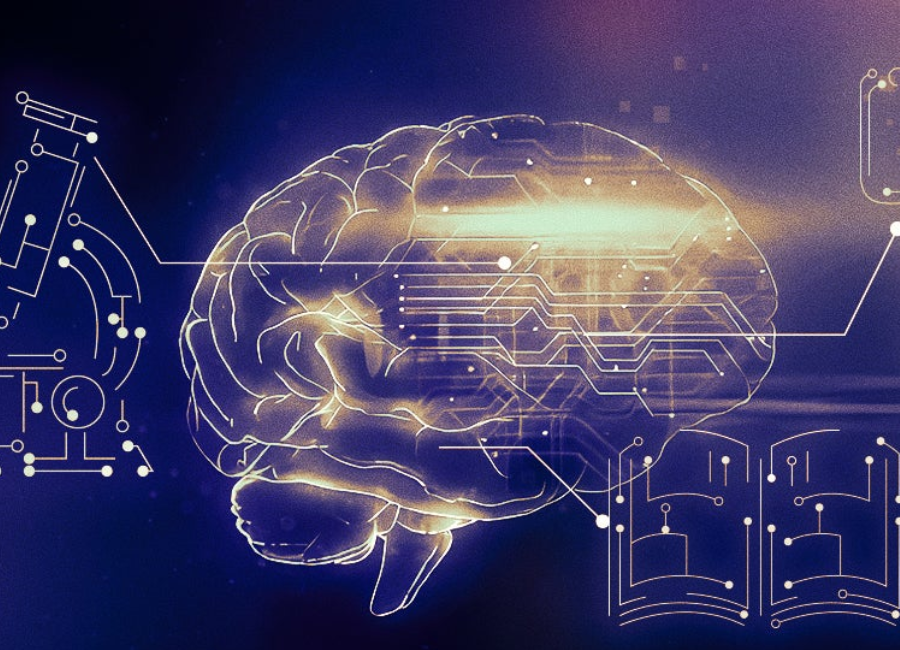As Microsoft’s Copilot integrates OpenAI’s latest models and a new code interpreter, the battle for dominance in the AI landscape intensifies, particularly at the developer and engineering level. The latest updates to Copilot aim to enhance its ability to understand queries and provide improved responses, as highlighted by Yusuf Mehdi, EVP and Consumer Chief Marketing Officer at Microsoft.
Copilot, a collaboration between GitHub and OpenAI, relies on OpenAI’s language models. Meanwhile, Prague-based JetBrains, renowned for developing the Kotlin programming language recommended by Google for Android development, has introduced JetBrains AI Assistant as a rival to Microsoft Copilot. The JetBrains AI Assistant is integrated into JetBrains’ development environments (IDEs), code editors, and other products, powered by Language Model Models (LLMs) from OpenAI, Google, and JetBrains itself. JetBrains positions itself as a “neutral” provider of AI assistant LLMs, setting the stage for competition with Microsoft Copilot and Google. Notably, Google’s Android Studio is built on JetBrains’ IntelliJ platform.
The move toward AI-driven coding assistance is significant, with the potential to influence developers and engineers. The goal is to establish a strong user base for AI Copilots, creating a market where developers rely on a specific assistant and continually return for more, shaping the future landscape of AI.

The introduction of multiple providers for AI code development serves as a strategic move, especially considering the recent challenges faced by businesses relying on GPT-4 for underlying services during the OpenAI management crisis. JetBrains, which operates without external funding and is valued at around $7 billion according to the Bloomberg Billionaires Index, is positioned as a formidable player in this arena.
The competition between Europe’s JetBrains AI Assistant and U.S.-based Microsoft Copilot, along with Google’s offerings, reflects the global nature of the AI battleground. The crisis at OpenAI has given Microsoft a more secure position in steering the development of OpenAI and, consequently, the trajectory of its Copilot product. As companies strive to influence developers and gain their loyalty in the AI-driven coding landscape, the battle at the developer and engineering level becomes increasingly crucial for shaping the future of AI.









